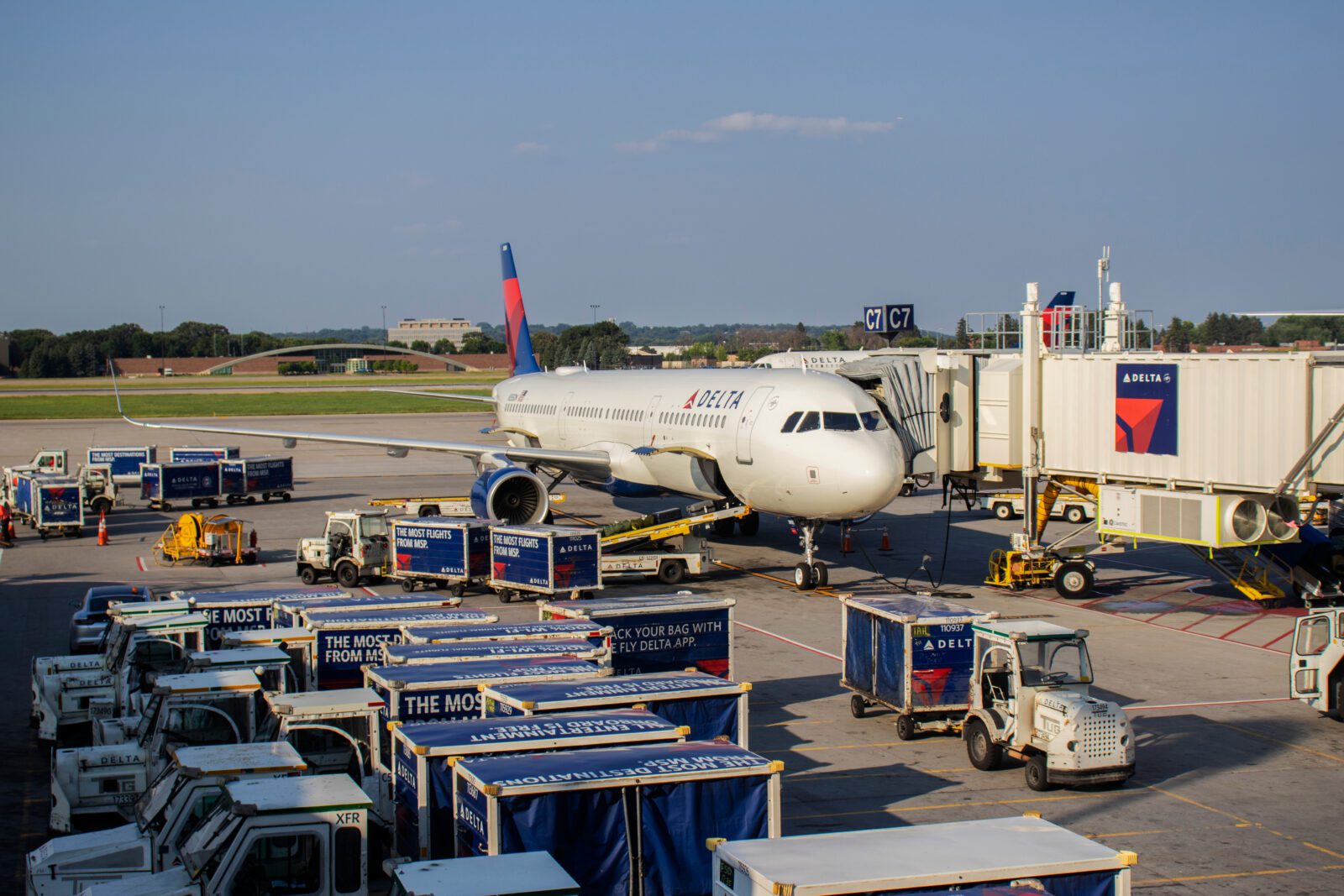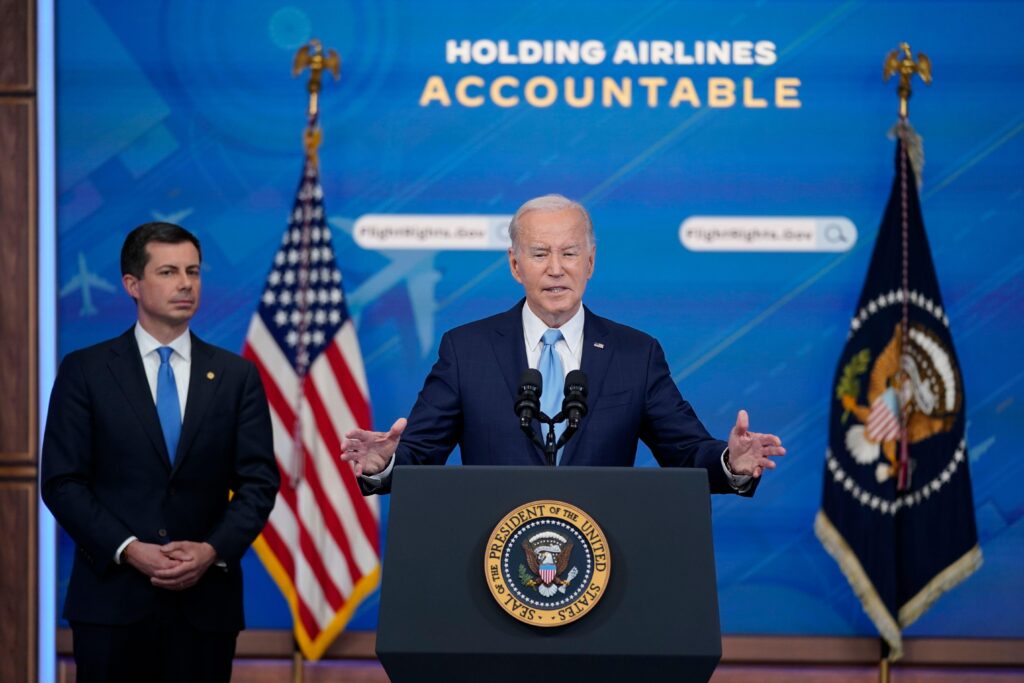
In the fading days of the Biden administration, the Department of Transporation (DOT) announced it had started a review into potentially introducing generous European-style compensation rules for passengers hit by significant delays and cancellations.
If adopted, the compensation scheme could entitle passengers delayed by more than three hours to claim hundreds of dollars in compensation – the only get-out clause would be if the delay was caused by an ‘extraordinary circumstance’ but common issues like maintenance issues would still be covered.

No major US airline currently offers cash compensation to passengers inconvenienced by a lengthy delay or cancellation, but the ‘advanced notice of proposed rulemaking’ published by the DOT in late 2024 could bring sweeping changes to US consumer protection rules.
Along with the offer of cash compensation, the DOT also proposed forcing airlines to provide delayed passengers with free hotel accommodation, meals, and transport to and from a hotel, even if an extraordinary circumstance was the cause of the delay or cancellation.
The timing of the proposed rulemaking seemed, however, a little odd, given that the forces behind the scheme, notably former Transportation Secretary Pete Buttigieg, weren’t going to be in power for much longer.
No doubt, it was an attempt to cement the legacy of the Biden administration as a consumer champion waging war on profiteering airlines, but any such scheme will need the full support of President Trump.
Now, a group of the largest airlines in the United States has asked Trump through a lobby group to have the proposed rulemaking left dead and buried.
In a letter sent to the new administration, Airlines 4 America said its members “do not need further incentive to provide quality service,” suggesting that the scheme wouldn’t actually improve
The International Air Transportation Association (IATA), a trade group made up of more than 340 airlines around the world, is also, unsurprisingly, opposed to the United States introducing similar compensation schemes from Europe and Canada.
IATA argues that forcing airlines to pay cash compensation has “proven completely ineffective in reducing underlying delays or cancelations.”
In Europe, the so-called EC261 compensation rules are said to cost airlines around $5 billion a year, and rather than improving service, IATA argues that these costs are simply passed onto consumers in higher airfares.
Airlines 4 America is also challenging an attempt by the Biden administration to make airlines display any ancillary charges upfront, although legal wrangling over this rule is ongoing.
Related
Mateusz Maszczynski honed his skills as an international flight attendant at the most prominent airline in the Middle East and has been flying ever since... most recently for a well known European airline. Matt is passionate about the aviation industry and has become an expert in passenger experience and human-centric stories. Always keeping an ear close to the ground, Matt's industry insights, analysis and news coverage is frequently relied upon by some of the biggest names in journalism.








I’d disagree with your characterization of the European compensation rules as generous. I would instead say that they’re civilized and hope the USA mimics these rules as closely as possible although with the current administration working fervently to remove any consumer protections I find better protections in the near future to be unlikely.
Generally these things are done if a flight wont happen, or if it’s wide spread. I’ve been at the gate for hours on delays for a number of reasons, and as soon as we either had an opening or a new plane available we were up and out. If neither of those looked like an option I was on the next flight out either in an open seat or by stand by. Never had an over night delay myself, but some family took a hotel, and some stayed at the airport for the first flight out on stand by.
Of course they want their money profits and no responsibility to take care of people.